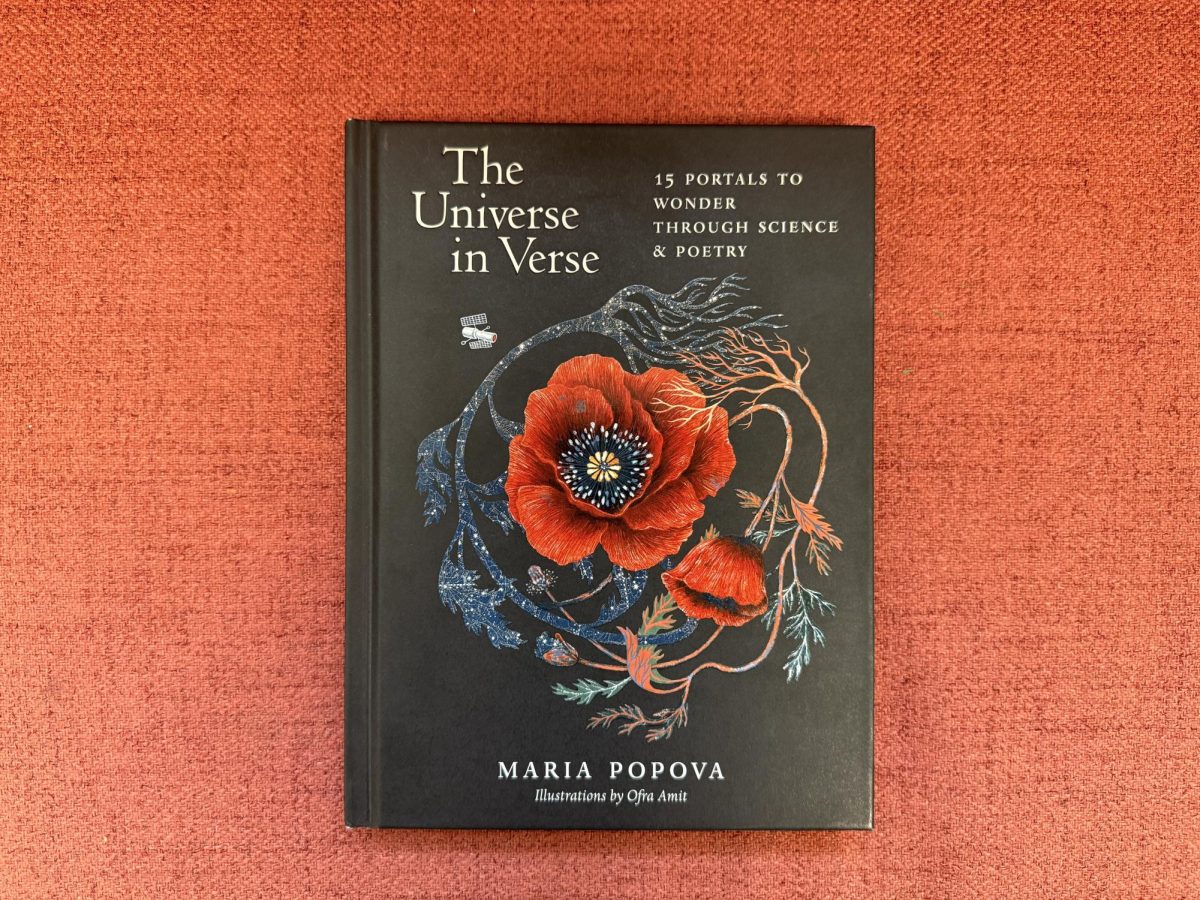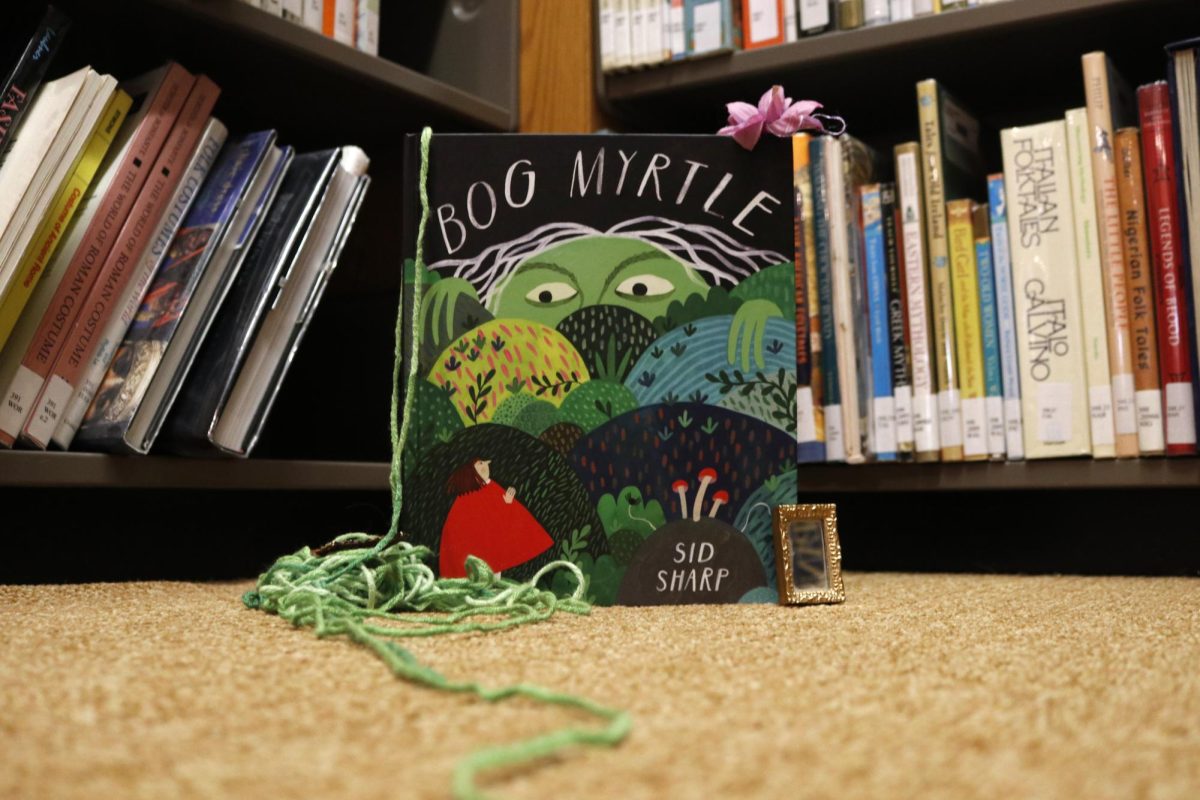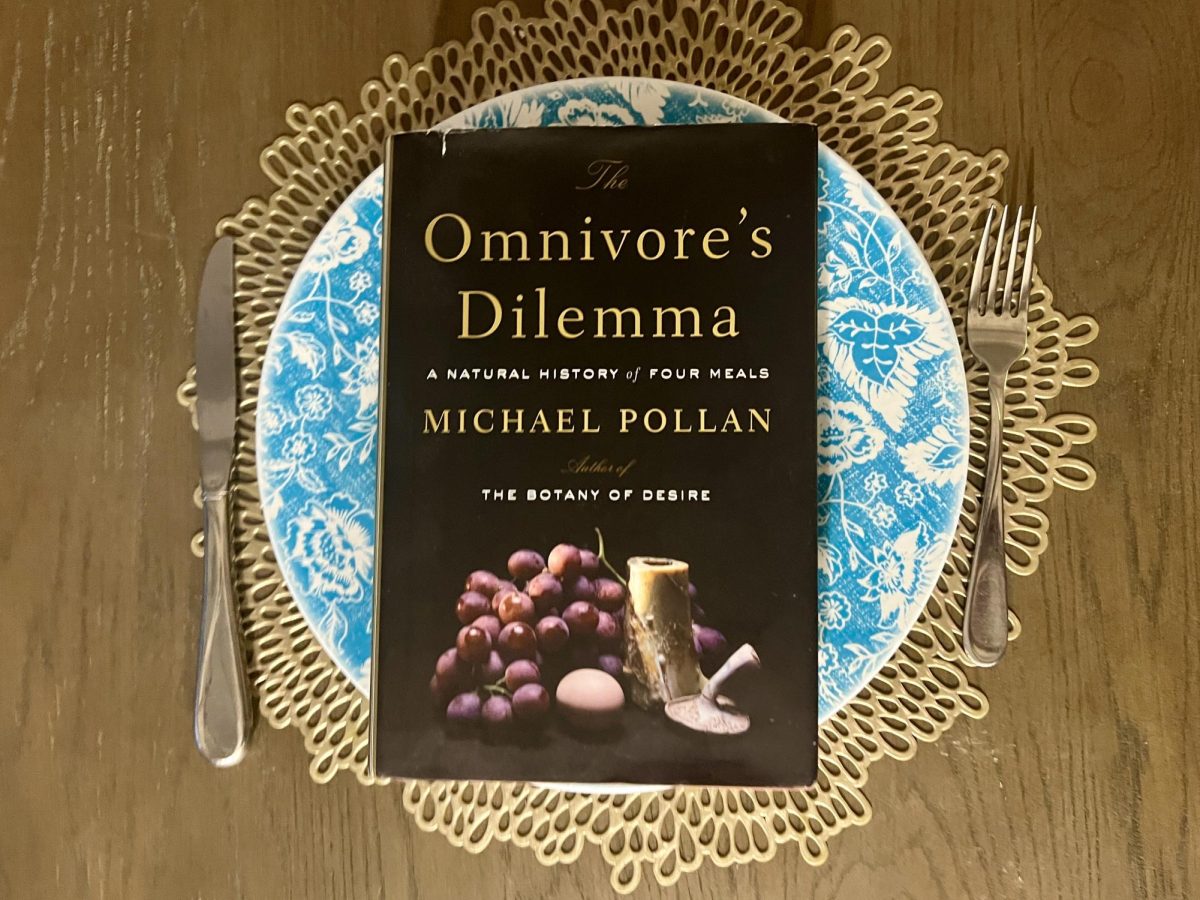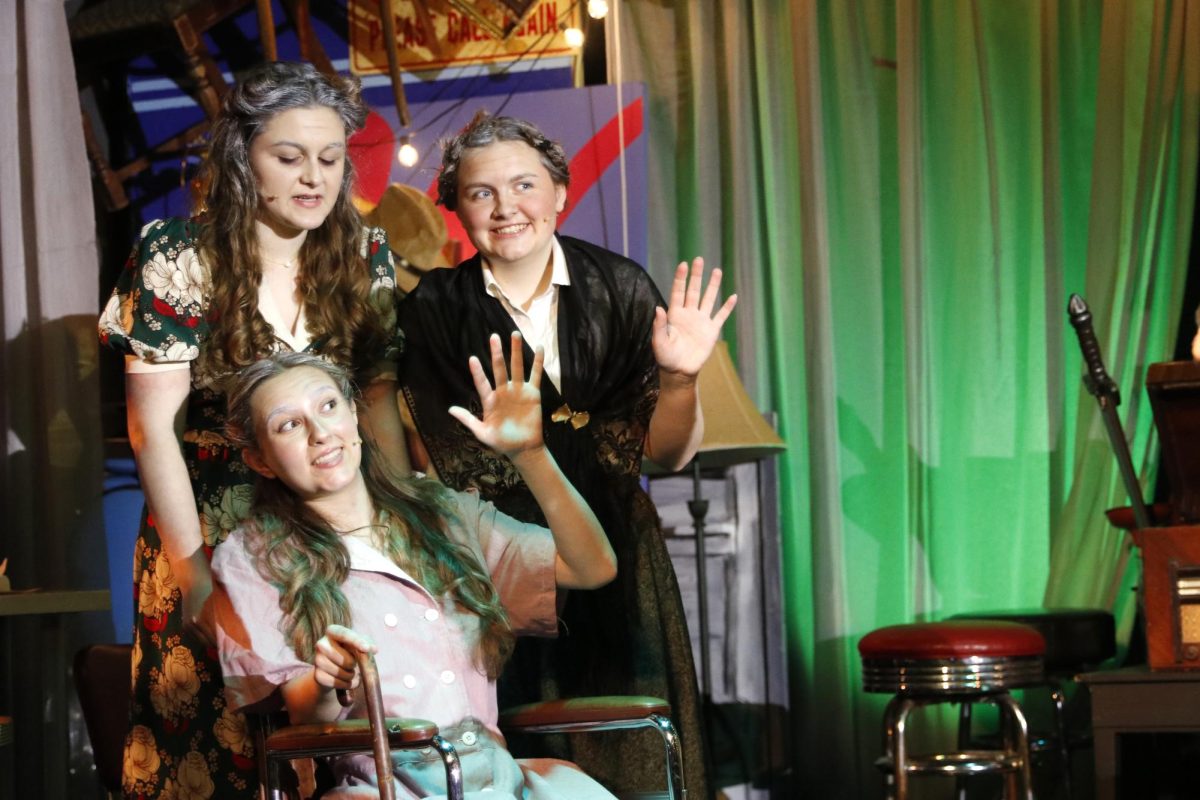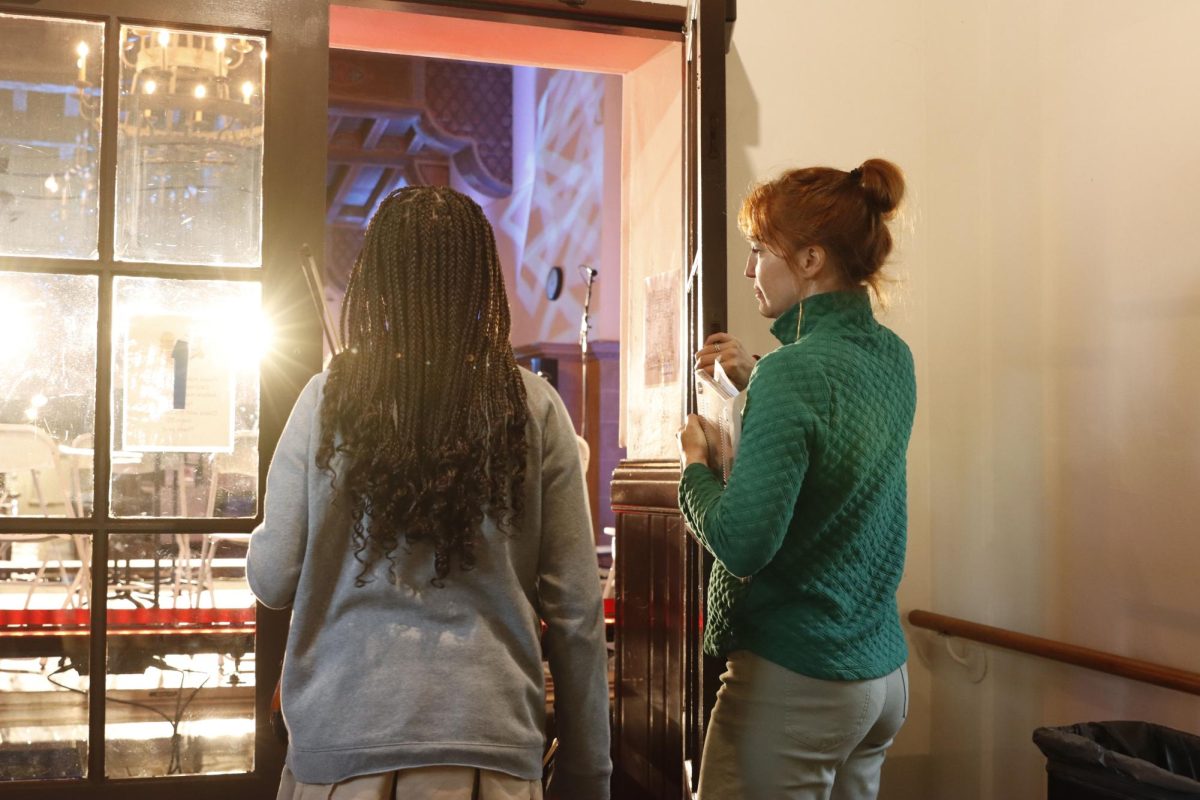Gillian Flynn’s “Gone Girl” offers a raw and unique outlook on the unspoken struggles of marriage. The story explores the psychology and complex circumstances of a relationship of a young married couple.
From alternating perspectives of a fictional couple, Flynn tells the story of Nick Dunne after his wife, Amy Dunne, goes missing in North Carthage, Missouri. Amy’s perspective is not revealed until about halfway through the novel, causing the reader to experience the same desperation to locate her whereabouts as her husband.
However, after further investigation, Nick becomes the prime suspect for her disappearance and possible murder. Through a series of suspenseful twists and unexpected tragedies, the true nature of the couple’s deceptive marriage is uncovered.
“Gone Girl” provides a plethora of symbolism and metaphorical diction. I found myself wanting to analyze the text to predict what would happen next.
The book addresses the themes of marriage and the ethics of murder, and while these themes may not be particularly prevalent in students’ lives today, the writing provides relatable connections between character and reader.
Delving beyond a surface-level plot, the book forces readers to contemplate the complex, moral questions: When is lying for the sake of appearances justified, and what toll does it take on one’s own integrity?
I would suggest this book to those who enjoy gripping plot twists, dark, moral dilemmas, and psychological terrors.





